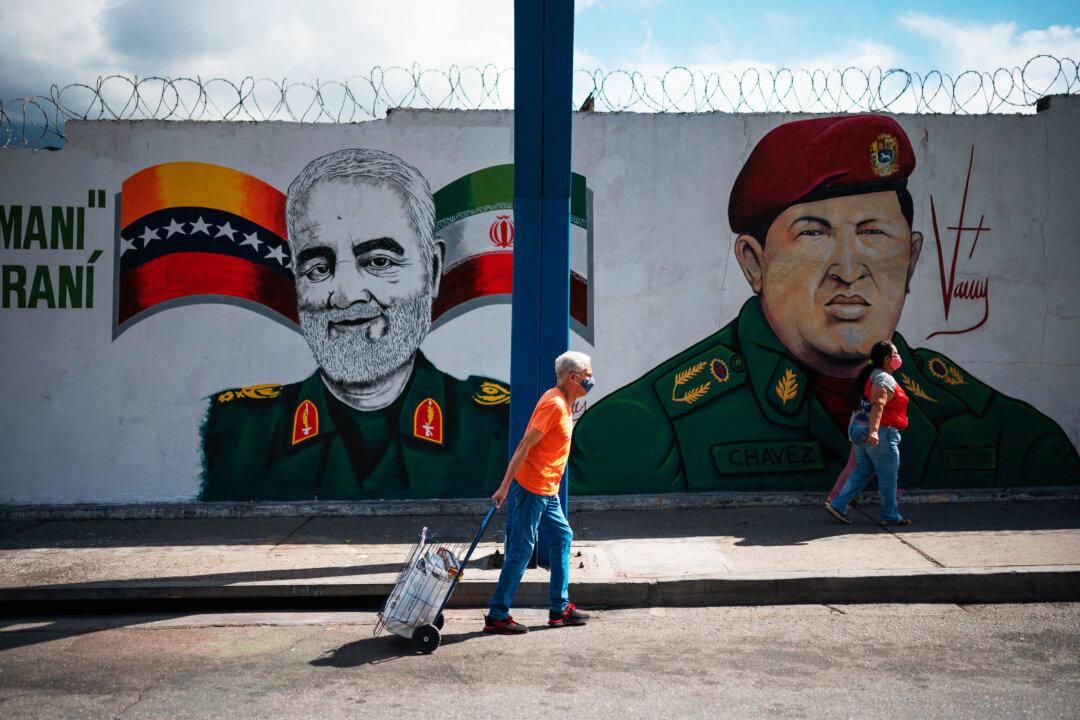CURITIBA, Brazil—The breach of key government institutions in Brazil’s capital, including the Parliament, Supreme Court, and presidential palace, sent shockwaves across the country, with newly inaugurated President Luiz Inácio Lula da Silva vowing to clamp down on protesters and protest leaders, who claim that some of the violence was instigated by left-wing agitators.
The events over the Jan. 7–8 weekend propelled Latin America’s main regional power onto the front pages of major newspapers worldwide. Hundreds of people occupied the government buildings, some repeated chants commonly heard during months of post-election protests, including claims of election fraud, chants highlighting a concern that hard-left authoritarianism had taken over the country, and calls for the military to “save Brazil.”





